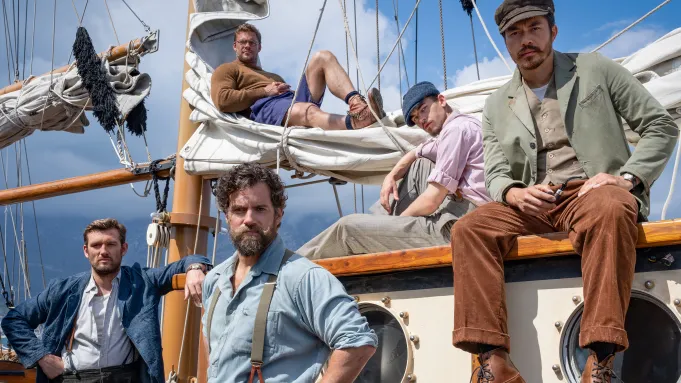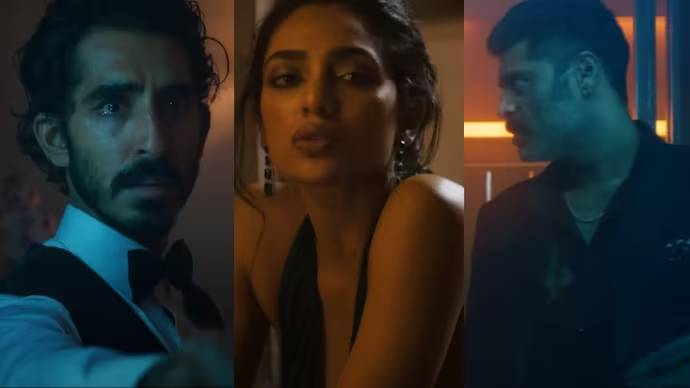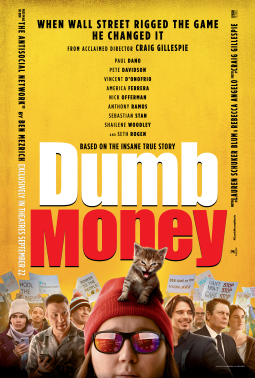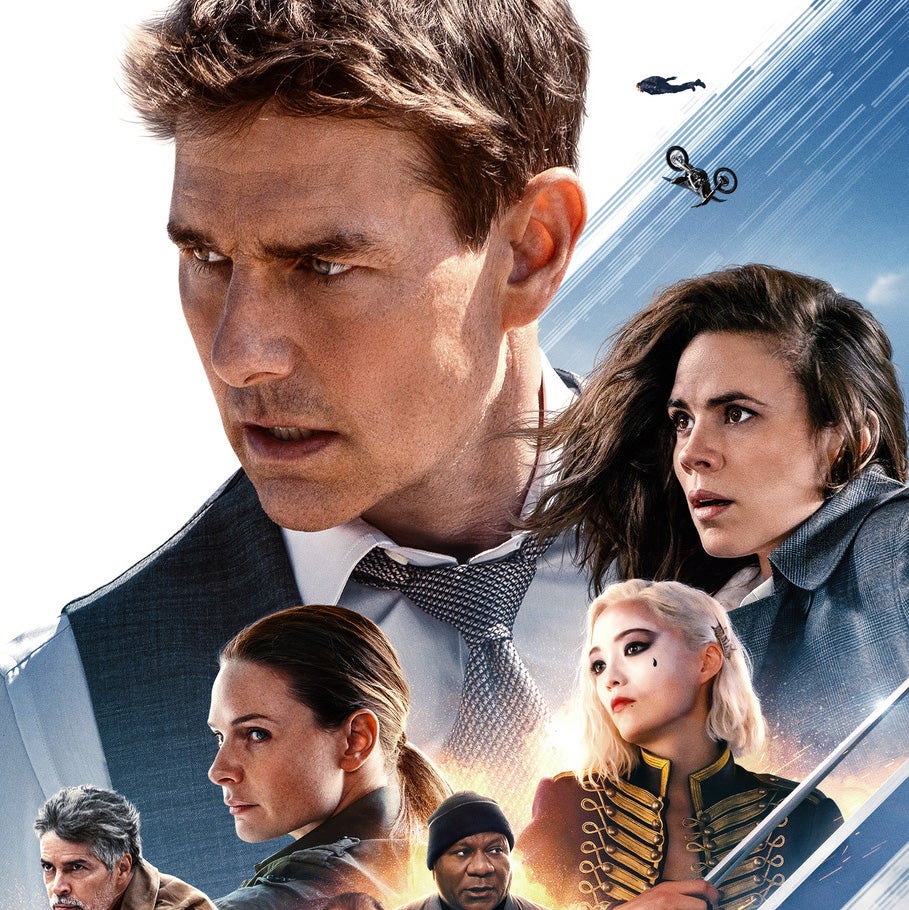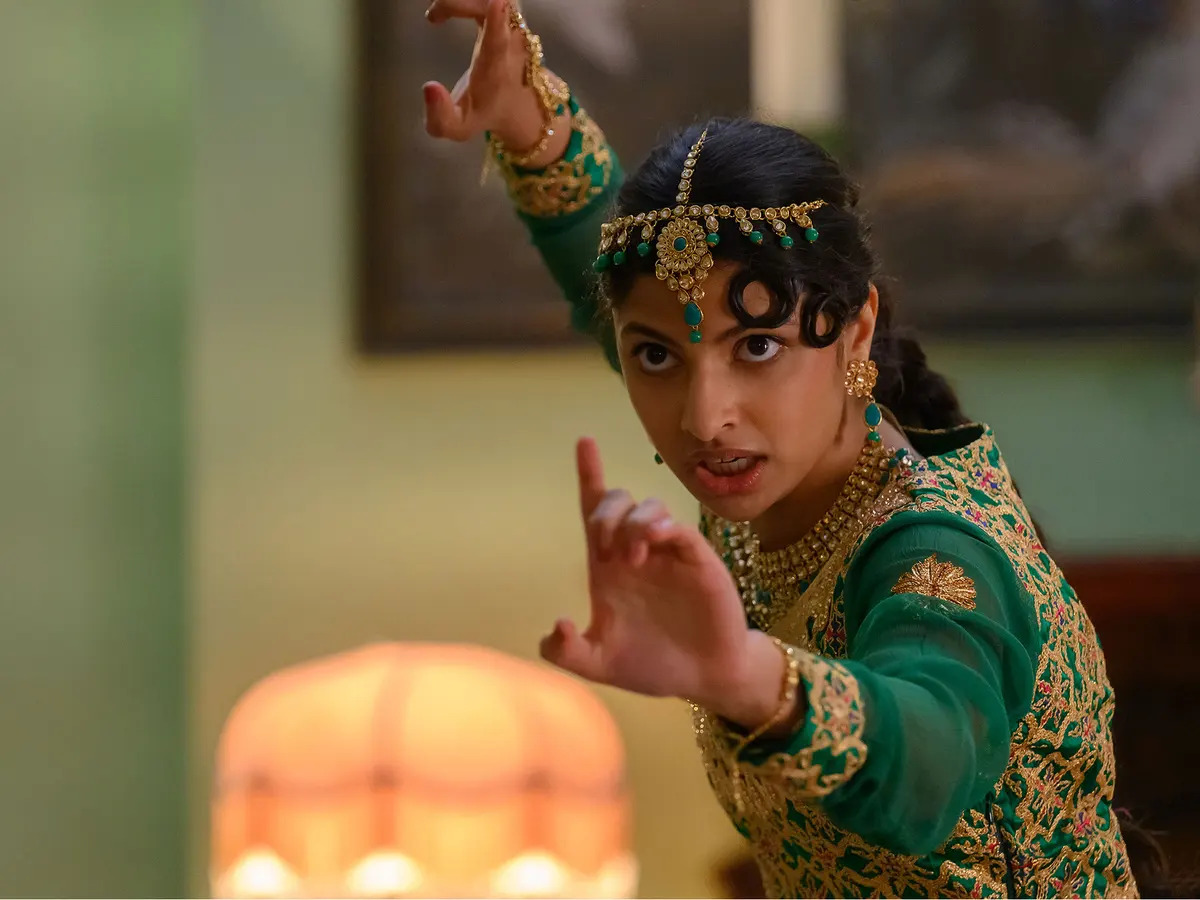The Dukes of Hazzard
Posted on August 2, 2005 at 8:29 am
C+| Lowest Recommended Age: | Mature High Schooler |
| Profanity: | Strong and crude language |
| Nudity/ Sex: | Sexual references and situations, sexual humor |
| Alcohol/ Drugs: | Drinking and drug use, drug humor |
| Violence/ Scariness: | Extensive action violence with many car chases and crashes and explosions, no one hurt |
| Diversity Issues: | Some stereotyping of women as bimbos, issue of whether displaying the Confederate flag is racist |
| Date Released to Theaters: | 2005 |
If you think that seeing a nutty fat guy in saggy white underpants blowing things up is funny, then this movie might be for you.
Otherwise, don’t bother. The single biggest challenge for a “lunchbox movie” (a movie that gets produced because some studio executive once had the lunchbox from the television show) is to figure out who its audience is. The Brady Bunch Movie was aimed at its now-grown-up former fans, and hit the right note of ironic nostalgia by keeping the Bradys in the 1970’s time warp by rerun-watching fans who made it a bigger hit in syndication than it was on the air. The first Charlie’s Angels took what worked about the show and updated it, balancing a bit of a self-awareness with genuine sweetness.
But “Dukes” cranks up the sunny, carefree, cornepone quality of the original television series. Instead of amplifying the simple pleasures of the original, it exposes the weak points. The humor is raunchier and the chases and explosions more intense and thus harder to think of as good-natured fun. It’s too gross for kids and too thin for teens and adults. It all backfires worse than the General Lee before a tune-up by Cooter.
The plot is exactly the same as most episodes of the television series. Will Mean Old Boss Hogg take the family farm away from the good old boys, cousins Bo, Luke, and Daisy Duke and Uncle Jesse? Will Bo and his beloved General Lee, a souped-up 1969 Dodge Charger, win the big race? Will there be some car chases and good old boy hijinks, and some gorgeous babes? Okay, we were not expecting suspense or surprises; so how enjoyable is the ride to the conclusion?
Not very. The few pleasures of this movie are just recognition laughs and signifiers. The most enthusiastic audience response in the screening I attended was when the director, Jay Chandrasekhar, appeared in a brief cameo echoing his appearance in the gross-out comedy, Super Troopers. They weren’t laughing at anything he did in this movie; they were just happy to be reminded of another movie. Seann William Scott, Johnny Knoxville, Jessica Simpson, and Willie Nelson as Bo, Luke, Daisy, and Jesse Duke, don’t even attempt to give anything resembling performances, though Knoxville scrunches up his face a time or two. Burt Reynolds enjoys himself a little too much as Boss Hogg. The most appealing performance is from David Koechner as Cooter. There is one funny joke, early on, relating to a recorded book, and the film gets some credit for attempting to address the issue of the Confederate flag image on the General Lee and for providing one police officer immune to Daisy’s appeal. But it is a dull, meandering, pointless film that takes for granted our interest in a souped-up version of the television show. The show created a Hazzard county we liked to visit, with people who had simple, good hearts. The movie, like Johnny Knoxville, has a nasty smirk that leaves you thinking that maybe strip-mining might be an improvement over this version of Hazzard County.
Parents should know that the movie is raunchy for a PG-13 with sexual humor (including a joke about beastiality and some homophobic humor) and sexual references and situations (all the girls in the movie are scantily clad and find the Duke brothers irresistible). There is brief nudity (mooning) and suggested nudity. Characters drink (scene in a bar) and there is as much drug humor as the MPAA will permit in a PG-13 film. There is some strong and crude language. A character pretends to be religious. While the film attempts to address the insensitivity of the original General Lee’s having a Confederate flag on its roof, it typically tries to have it both ways — they keep it there but it provokes some angry responses from both white and black characters. Similarly, the film tries to make bombshell Daisy Duke a bit more up-to-date but, as she says about the role she plays in Hazzard, “Those two are going to get in trouble and land in jail and I am going to have to shake my ass at somebody to get them out.” And the movie has constant “action-style” violence, meaning situations that would normally be lethal (cars crash and burst into flames) but in Hazzard County are just for grins.
Families who see this movie should talk about what makes Bo, Luke, and Daisy the good guys, even though they break the law, and Boss Hogg the bad guy, even though he more often abides by the law.
Families who enjoy this movie will enjoy the DVDs of the original television series and the music of Willie Nelson, who sings the theme song originally performed on the television show by Waylon Jennings. An equally good theme song for this film might be Dierks Bentley’s “What Was I Thinking?” And families may appreciate the original “Appalachian-American” comedy, Li’l Abner and the original cornpone car movie, Smokey and the Bandit, with Reynolds, Sally Field, and Jackie Gleason. Fans of the television series will enjoy the website and museum created by Cooter (Ben Jones).

